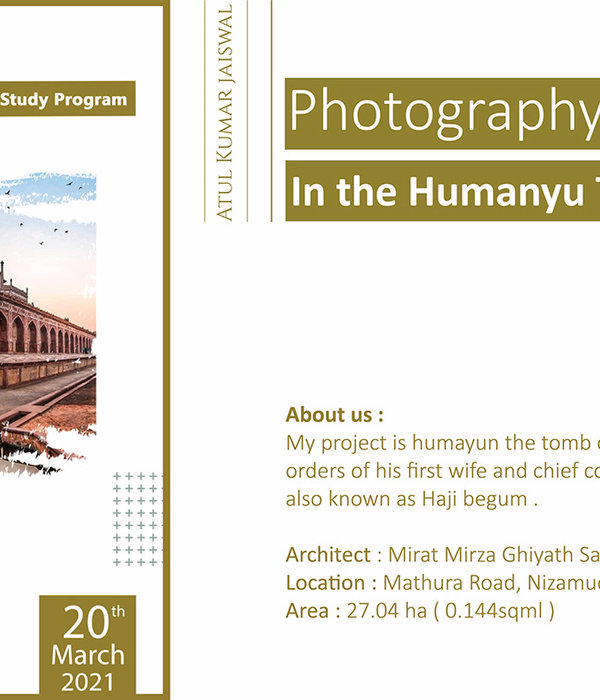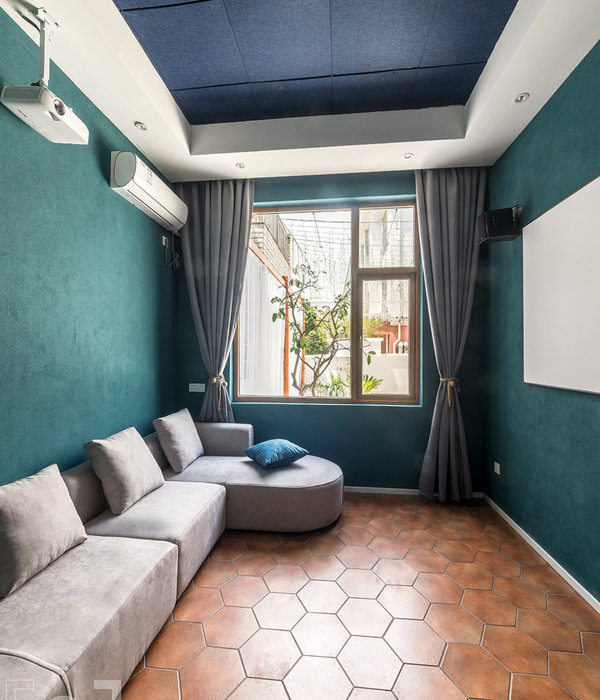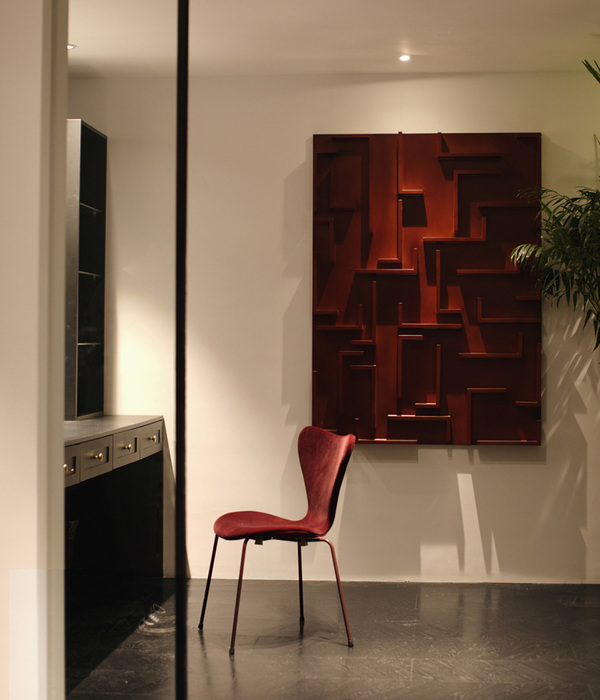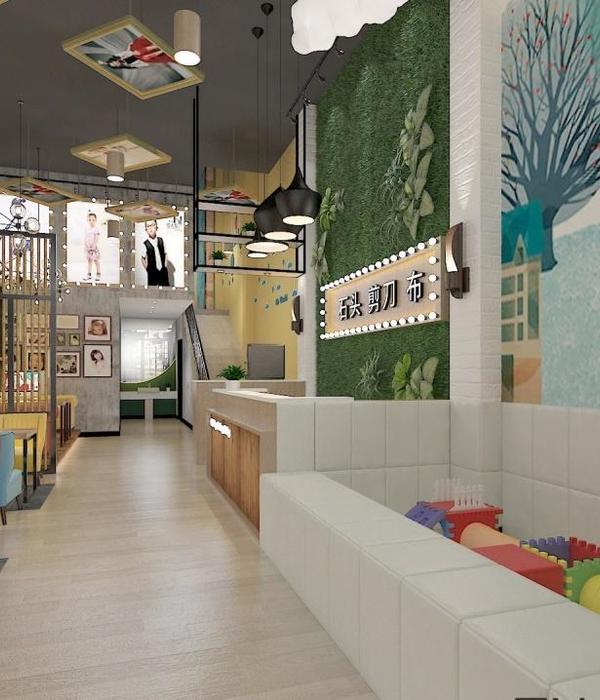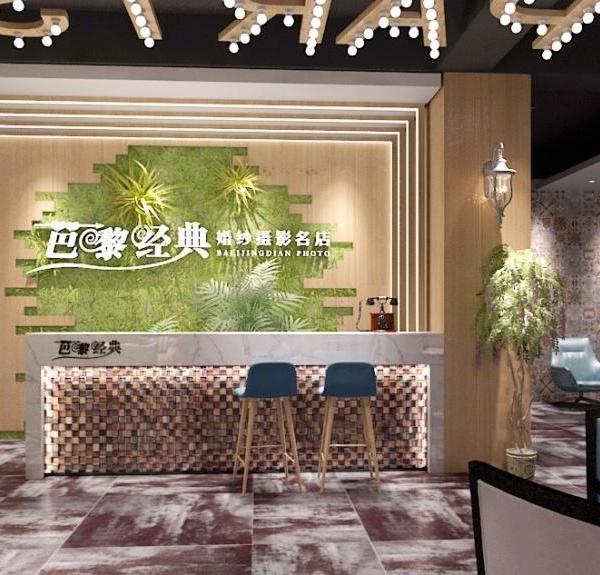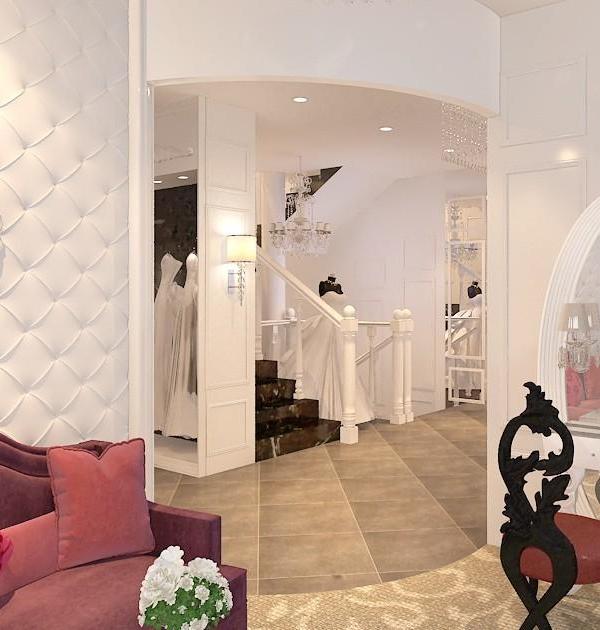Architect:Joao Mendes Ribeiro;Catarina Fortuna, Joana Brandão (project co-ordinator), Ana Maria Feijão, Filipe Catarino, Pedro Teixeira
Location:Lisboa, Portugal
Project Year:2016
Category:Shops
Claus Porto is a portuguese scents brand whose 130 years history had to be summoned in the project of the first flagship store to open in Lisbon downtown. A heritage built not just by their impressive material assets, but also by their intangible patrimony, linked to the objects’ symbolic quality and value. Towards the visual impact that the Claus products have, the store design would have to be minimalist but very sensitive, so that it could enhance and complement the brand’s strong identity. It should be an inclusive, elegant and cosmopolitan place, but also a place with a strong sensory appeal.
The interior of the preexistent store consisted of two different rooms at different heights, united by a staircase, both accessible by the exterior, with entrances in two different streets. The room in Rua da Misericórdia was, for many years, used as a pharmacy, from which it inherited the wooden display cabinets that cover all the walls and the plaster ceilings adorned with geometrical and vegetable motifs. The proposal for this space was mostly based on the preservation and restoration of the existing structures, trying to enrich the preexistence and adapt it to its new circumstances. In the middle of the room, one single piece marks the intervention and defines the entire space: a polished brass counter that reflects the surroundings, allowing a fluid circulation and a free use of the space around it.
In the transition for the staircase, a small intermediary chamber functions as museological space, where a selection of artifacts and relics are displayed inside a box/archive made in polished brass and rosewood. From this space, the marble staircase leads to the room in the lower floor, facing Rua das Gáveas. This second room includes a barber shop, a custom counseling space, an archive and a lounge area. The entire room is circled by a thin perimetral brass inlay that defines, inside the walls, a linear niche where products can be shown. Below this line, different types of archive cabinets define the space: a large drawer cabinet made in old riga wood, a continuous drawer in the barber area and, in the opposite wall, under an installation by Joana Astolfi, a flexible archive cabinet (with a washbasin, a mini bar or a turntable incorporated, besides other features) that supports and defines the lounge space.
▼项目更多图片
{{item.text_origin}}



